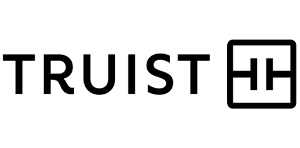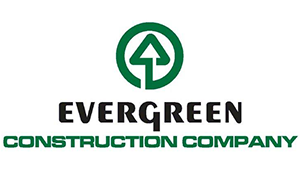Around the State
NC budget negotiations between Gov. Cooper, GOP legislature
Conferee history for SB 105 – 2021-2022 Session
Take Action – North Carolina Housing Coalition
House Bill 352 (2021-2022 Session) – Hotel Safety Issues
Homeowner Assistance Fund (HAF) Program Update
Memo Highlighting Updates to NCHAF Plan Submitted to US Treasury
NC Homeowner Assistance Fund – Track progress
HAF Vendor RFP – Due Sept 7th
National
CDC Eviction Moratorium
United States Court of Appeals
CDC’s new COVID-19 eviction moratorium to be ruled on by Supreme Court
Democrats Scrounge for Votes to Pass $3.5 Trillion Budget Plan
House Passes $3.5 Trillion Budget Plan for Vast Expansion of Safety Net
Memorandum on Maximizing Assistance to Respond to COVID-19
REPORTS/RESOURCES
National Housing Law Project – An Advocates’ Guide to Tenants’ Rights in the Low-Income Housing Tax Credit Program.
Webinar: How to Harness the Legal System to Prevent Evictions
Enterprise Community Partners
August 31, 2021
3:30 pm ET
Register: https://enterprisecommunity.zoom.us/webinar/register/WN_Epi70U1jSOa4GYnRlZ602Q
Registration is open for Housing Works Conference – October 14-15 (2 day virtual event)
Main Topic
Decent, Affordable, Safe Housing for All (DASH) Act – Sen Ron Wyden (D-OR)
PROS:
- Fully funding rental assistance
- Investing robust resources in the national Housing Trust Fund
- Create a new project-based renters’ tax credit.
- Close loopholes in the LIHTC program that developers have exploited to convert federally assisted properties to market rate and prevent nonprofit organizations from preserving the properties as affordable.
LIHTC Provisions:
- Increasing the 9 percent Housing Credit tax incentive by 50 percent, which would finance an estimated 299,000 additional affordable rental homes over 2021-2030;
- Lowering the bond financing requirement for properties to receive the full 4 percent credit from 50 percent to 25 percent for four years, allowing states to more efficiently and effectively use their bond cap authority to build additional affordable housing; and
- Providing additional upfront equity – known as basis boosts – for certain projects that need it, including those in rural, Native American, and Extremely Low Income communities, or for bond-financed properties that receive the lesser, 4 percent Housing Credit.
Middle-Income Housing Tax Credit – Creates a new federal tax credit to incentivize developers to build and preserve market-rate apartments – housing that is affordable to families earning 100% of the Area Median Income (AMI) or below.
- Why is this being criticized?
- Research shows, however, that middle-income families comprise less than one percent of those facing significant housing challenges, while 92.5% of these households have very low or extremely low incomes and would not be served by this new tax break for investors.
- Does not address those who actually face housing challenges
- Scarce federal resources should be used to target the deepest needs
- Middle-income housing pressures can be addressed at the local level via zoning & land-use policies







